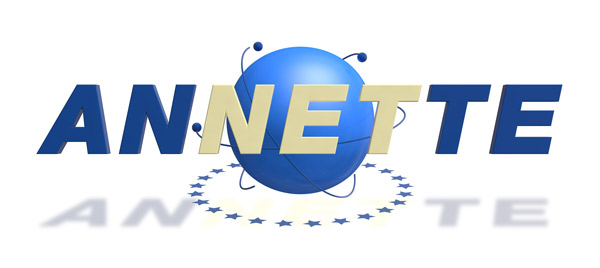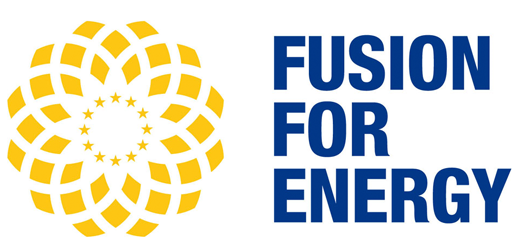

Course Outline and Content:
The training shall impart specific knowledge on nuclear licensing and the impact of licensing requirements on the design as well as on subsequent down-stream activities. Furthermore, it shall be complemented by additionally training the skills that are necessary in the nuclear environment of a fission or fusion project like ITER.
The training contains the following:
- Introduction to and overview of national / international nuclear law(s) and related regulation, involved national and international organizations (e.g. ASN, IAEA),
- Main licensing activities / deliverables / responsibilities,
- Overview of Codes and Standards (C&S), introduction to relevant C&S and their impact on regulation or licensing,
- Introduction and overview of nuclear risks, safety objectives, and resulting requirements,
- Basic safety principles: management / technology / process oriented (e.g. defence in depth),
- Introduction to (deterministic and probabilistic) safety analysis and related tools used by different technical disciplines for simulations in support of licensing,
- How to integrate nuclear regulation requirements into fusion projects, and perform requirements management,
- How to apply nuclear regulation requirements in design/manufacturing/construction/assembly/commissioning activities.

Learning Outcomes:
After the training, the trainees shall be able to
- Shortly describe some national / international nuclear law(s) and related regulation, and their impact on design/manufacturing/construction/assembly/commissioning activities,
- List and shortly describe some important Codes and Standards and their impact on regulation or licensing,
- List and shortly describe some basic safety principles and their impact on management / technology / project processes,
- Shortly explain the importance of safety analysis, and their application in licensing, design/manufacturing/construction/assembly/commissioning activities,
- Integrate important nuclear regulation requirements into fission or fusion projects, and perform basic requirements management activities,
- Apply important nuclear regulation requirements in some design / manufacturing / construction / assembly / commissioning activities.
Requested Background:
The training shall target engineers that are employed by the ITER Organization (IO), Fusion for Energy (F4E), or their sub-contractors in the ITER project (down to the lowest level), and active in ITER related design, procurement, manufacturing, construction, assembly, and commissioning of ITER equipment.
The targeted trainees should have undergone a suitable technical engineering education, preferably in a technical subject important for their actual job position. They should be able to understand the basic design of a power plant, its systems and components, and the technical basics (physics/chemistry resp. design/operation) of a nuclear (fission or fusion) reactor.

Teacher(s):
Experts on the topics to be addressed in the training shall develop presentations for the knowledge-oriented part.As for the skills part, examples provided by ANNETTE partners from industry or from IO or F4E shall be taken to develop case studies.
The training shall be conducted by professional experts on the topics addressed in the course.
Method of Delivery:
Face-to-face presentation during the knowledge-oriented part, where appropriate slides are shown and explained by topic related experts with good training experience. During presentation, the trainees shall be encouraged to discuss the content with the trainer(s).
Case studies will be worked through by the course participants during the skills oriented part.
Final Examination:
After the training, feedback from the trainees shall be collected to evaluate the course. Furthermore, the trainees shall take a test to check whether they have achieved the learning goals.
Approximate Date of Availability of the Course Material:
June 2018
